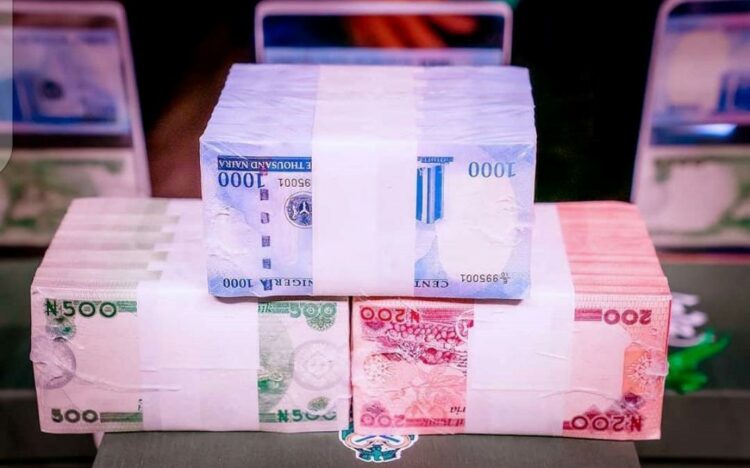Nigeria’s money supply dropped to N110.32 trillion in February from N110.94 trillion in January, according to data from the Central Bank of Nigeria.
The 0.56 per cent month-on-month drop, which is also the first this year, comes amid continued efforts by the CBN to manage liquidity in the system.
The figure, however, remains significantly higher compared to the same period last year, when money supply stood at N95.56 trillion, indicating a year-on-year increase of 15.45 per cent.
The increase in M3 money supply, which includes both net foreign assets and net domestic assets, provides a broader view of the country’s monetary dynamics.
A review of the underlying components shows that net foreign assets dropped by 8.62 per cent to N32.34 trillion in February, down from N35.39 trillion in the previous month, indicating a reduction of over N3 trillion and may be linked to lower external reserves or increased foreign exchange interventions by the central bank aimed at stabilising the naira.
Conversely, net domestic assets rose to N77.97 trillion in February from N75.55 trillion in January, an increase of 3.21 per cent, suggesting continued credit expansion within the local economy.
Year-on-year, net foreign assets rose sharply from N7.41 trillion recorded in February 2024, representing a growth of over 337 per cent, reflecting the impact of exchange rate reforms and increased foreign inflows.
Meanwhile, net domestic assets dipped slightly from N88.15tn over the same period, possibly pointing to a reallocation within the financial system driven by changing policy direction.
Broad money supply, captured under M2, also witnessed a slight decline in February, dropping to N110.31 trillion from N110.93 trillion in January.









